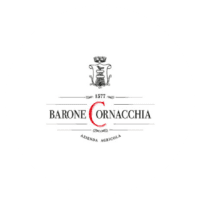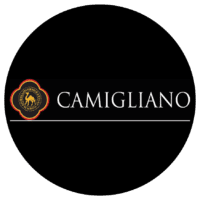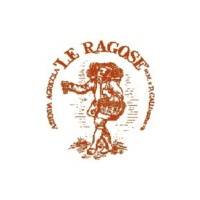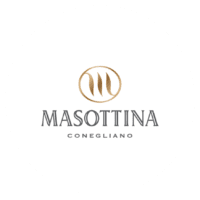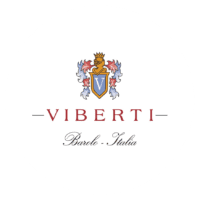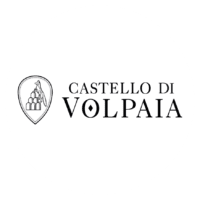Italy
Since 1488, the latest of five generations of winemakers Baron Filippo Cornacchia was a pioneer of wine production in Abruzzo and succeeded in creating a high-quality product with a strong identity. In those days, everything was grown and processed by hand, working “from dawn till dusk”.
The current manor house was built inside the entry gate (called “Borgone”) of the old “castle” making the most of the ancient walls that surrounded the homestead. The symbol of Camigliano: the camel, found on a seal dating to the 13th century, can perhaps be connected to the influence of the papacy in the area, and there is speculation of connection to the movements of the Crusades that reached the Holy Land.
North of Verona, in the town of Negrar, at the Valpolicella zone’s highest point (350 m – 1,148 feet), the Le Ragose estate overlooks gentle, lush green hills. In 1969, enologists Arnaldo Galli and his wife Marta bought the 70-acre Le Ragose estate, which had been abandoned. Recognizing that many excellent vineyard sites had been abandoned in favor of more easily-farmed sites on the plains, they replanted the Le Ragose vineyards and began making Amarone and Valpolicella in as natural a way as possible.
Roots and inspiration have been renewed for 75 harvests for the Dal Bianco family, passing on from year to year and from generation to generation a continuous enchantment. Masottina was born in Veneto, in unique territories that the cellar work tries to enhance while preserving its identity.
The story of the Viberti Giovanni winery begins when Cavalier Antonio Viberti buys the Locanda del Buon Padre. The year was 1923 when Antonio began to produce wine for the guests of his Locanda in the basement of the Buon Padre. At the time, Dolcetto, Barbera and Nebbiolo were the 3 grapes vinified alone by Cavaliere and the sale of wines took place almost exclusively within the Buon Padre.
First Raffaello, then Carlo and Giovannella, today Nicolò and Federica, tomorrow Allegra, Olivia and Tito. Four generations united in Volpaia’s dream. Organic is a philosophy and always has been at Volpaia. Well before the world started talking about Organic, we treated the our vineyards and our fields in a natural way: no pesticides, no synthetic chemistry, natural fertilizers.
